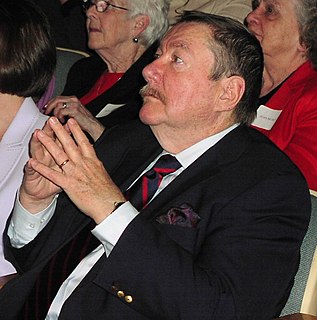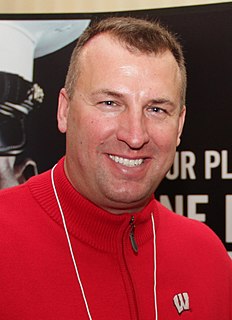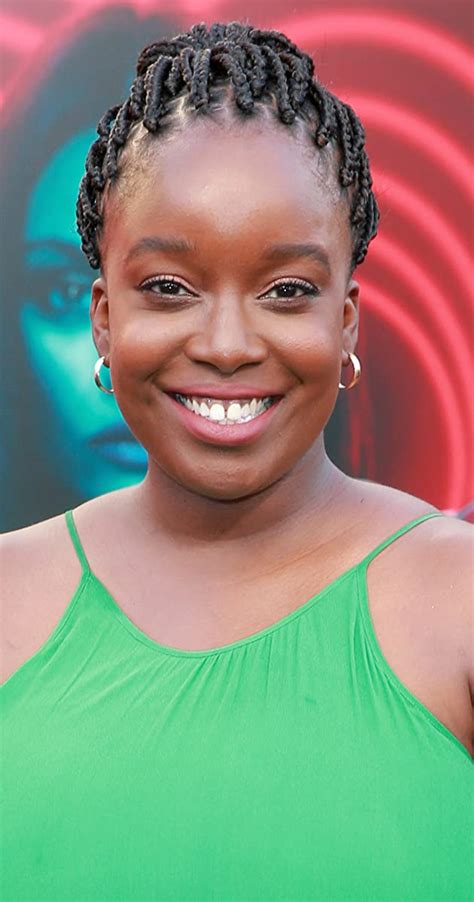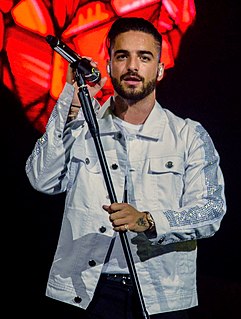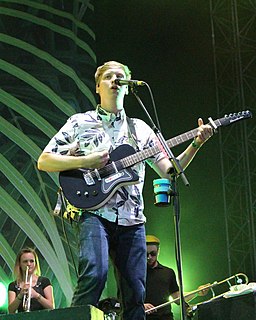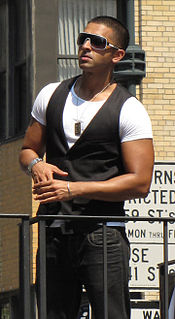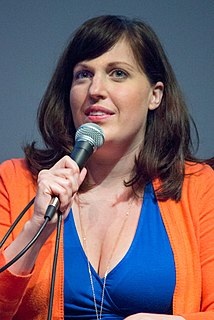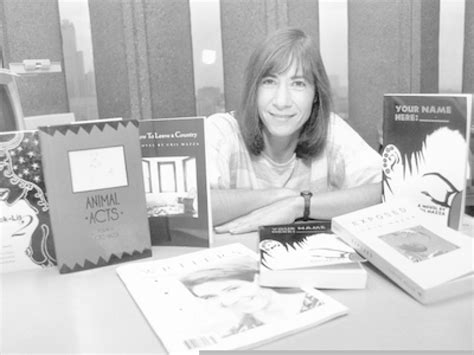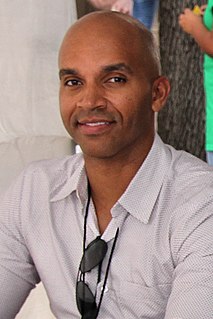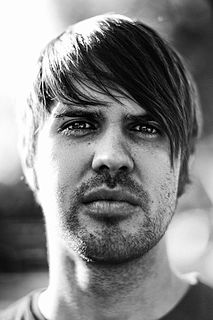A Quote by Kris Jenner
Kim was the one who taught us how to use Twitter and how to engage and really capture the attention of followers and the fans.
Related Quotes
My father taught my siblings and me the importance of positive values and a strong ethical compass. He showed us how to be resilient, how to deal with challenges, and how to strive for excellence in all that we do. He taught us that there's nothing that we cannot accomplish if we marry vision and passion with an enduring work ethic.
I started getting Twitter followers after I started doing press for 'Fargo.' One of my best friends from college is a librarian, and she started tracking after each interview how many Twitter followers I got. She and her librarian friends were like, 'We're going to make a graph.' And I was like, 'Alright, nerds.'
Culture and society determined sexual desirability as what makes us important so long that it's part of our sensibility from birth.Little girls know. From around 2 or 3, the pretty ones already know how and why they get attention. And how quickly they learn to play it. Use it. And how quickly the rest of us figure out we don't have it.
I've always been interested in technology, but specifically how we can use machines to engage the imagination. I started using computers when I was young and was fascinated by creating rules and instructions that allow a computer to engage in a dialogue with humans. The stories found in the data all around us can do just that.



